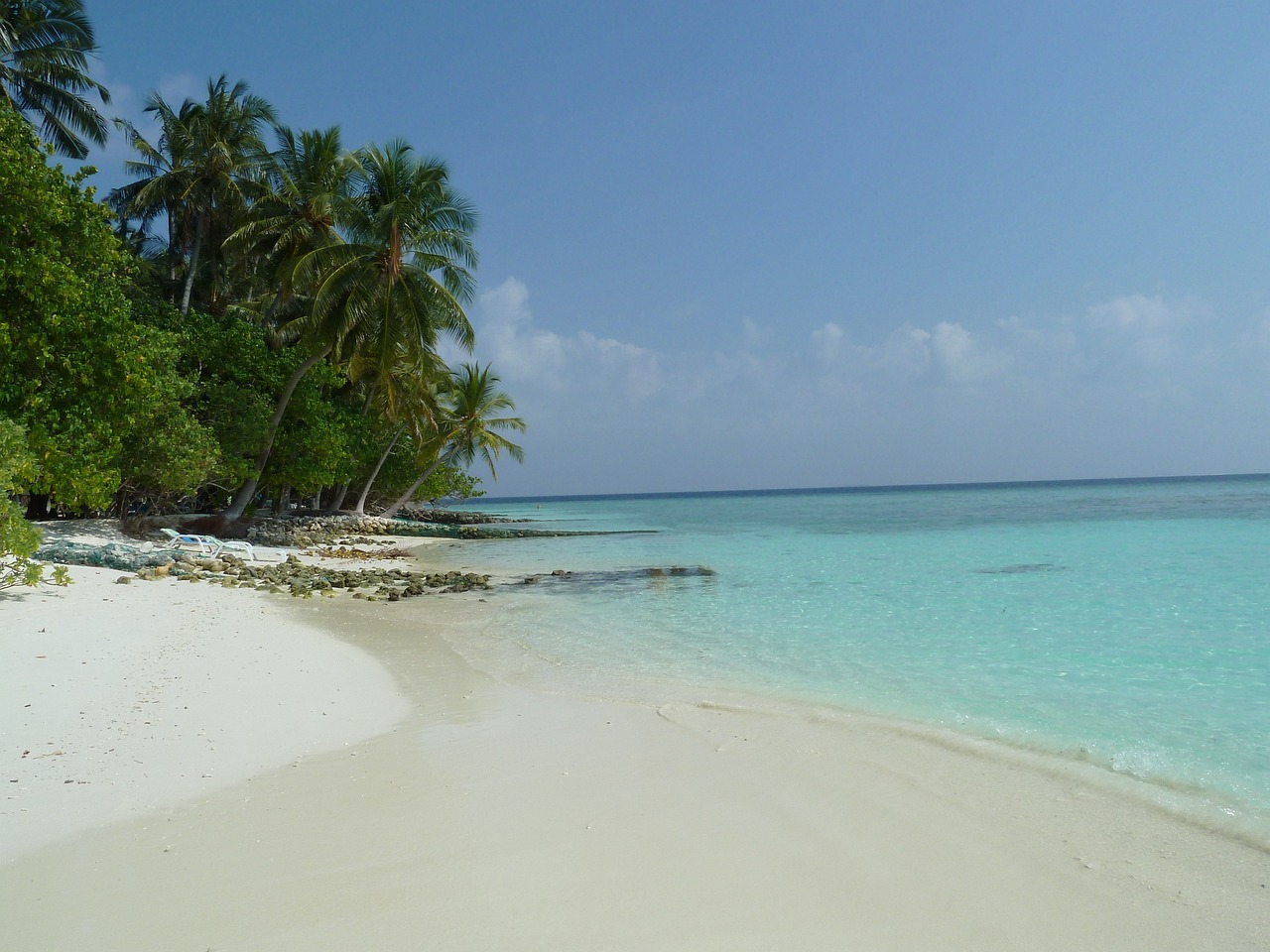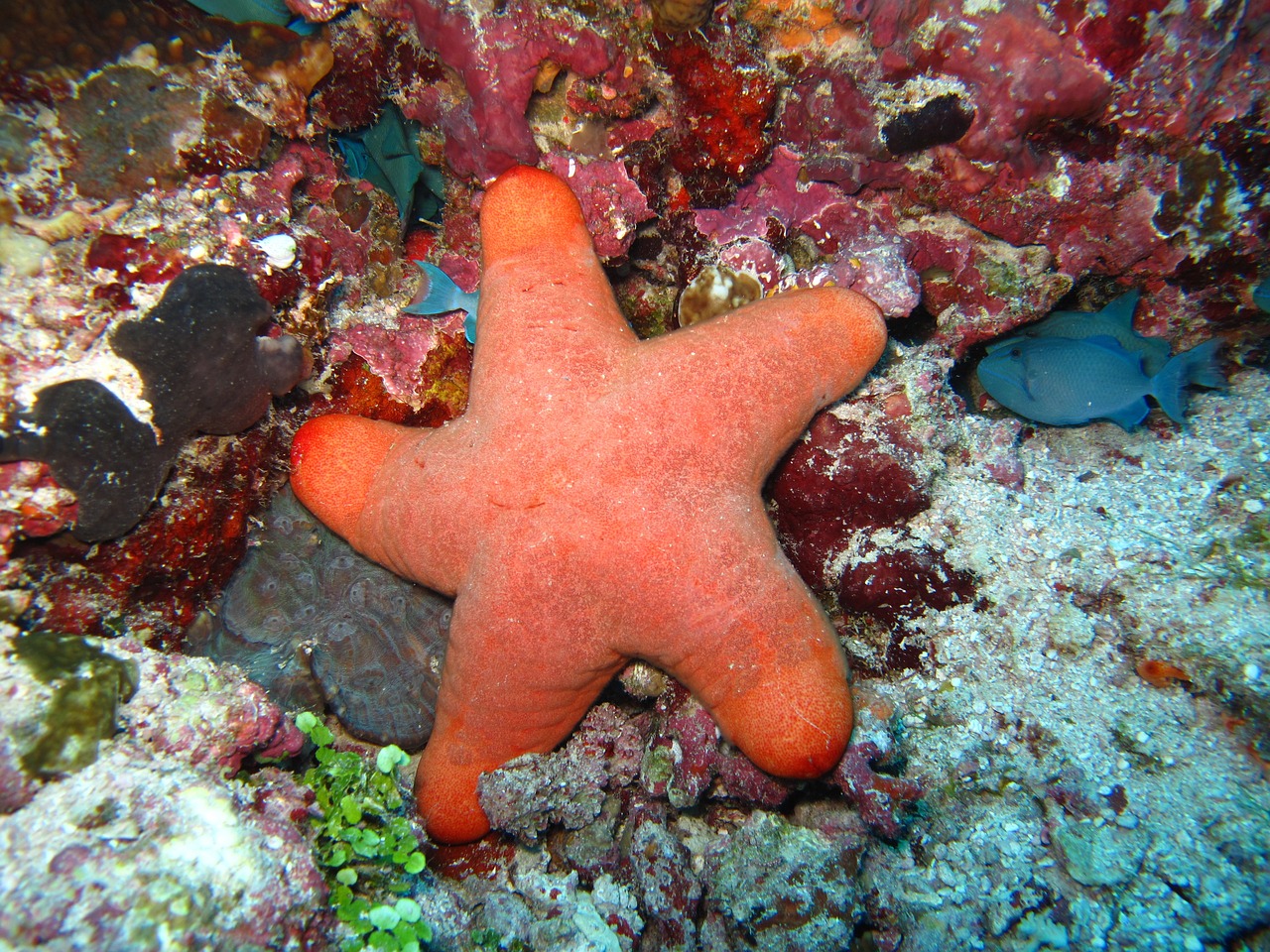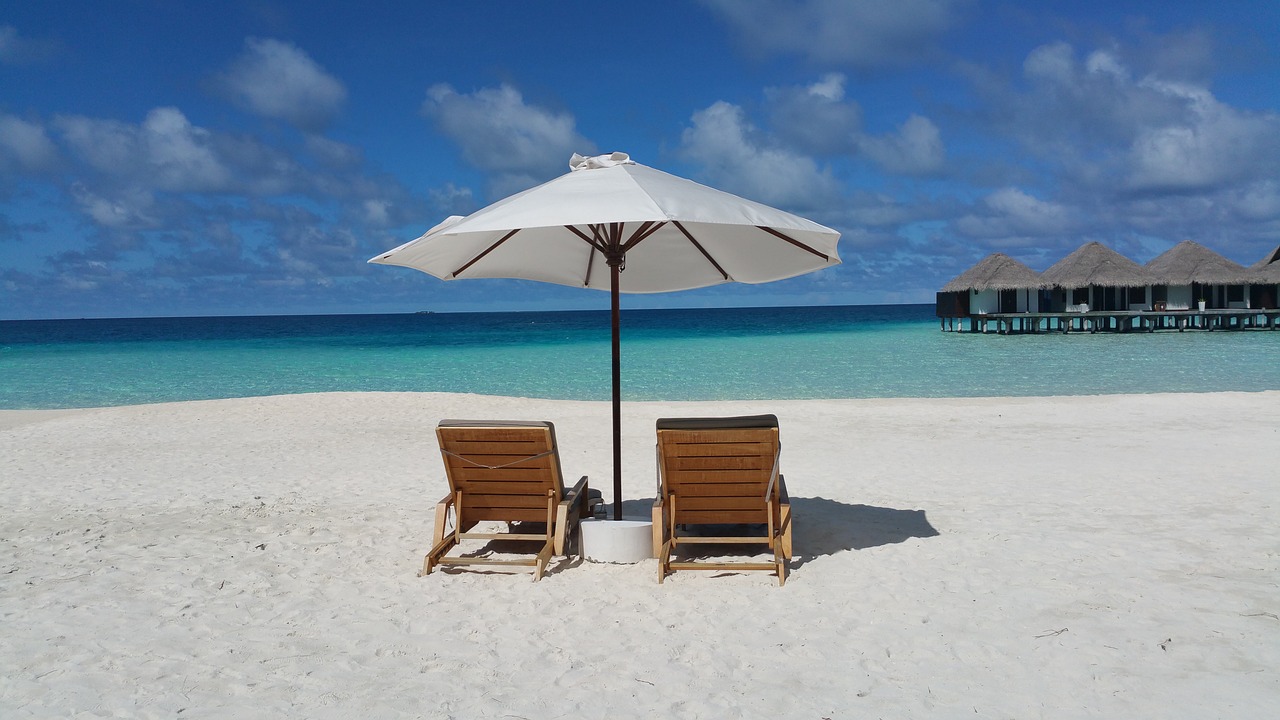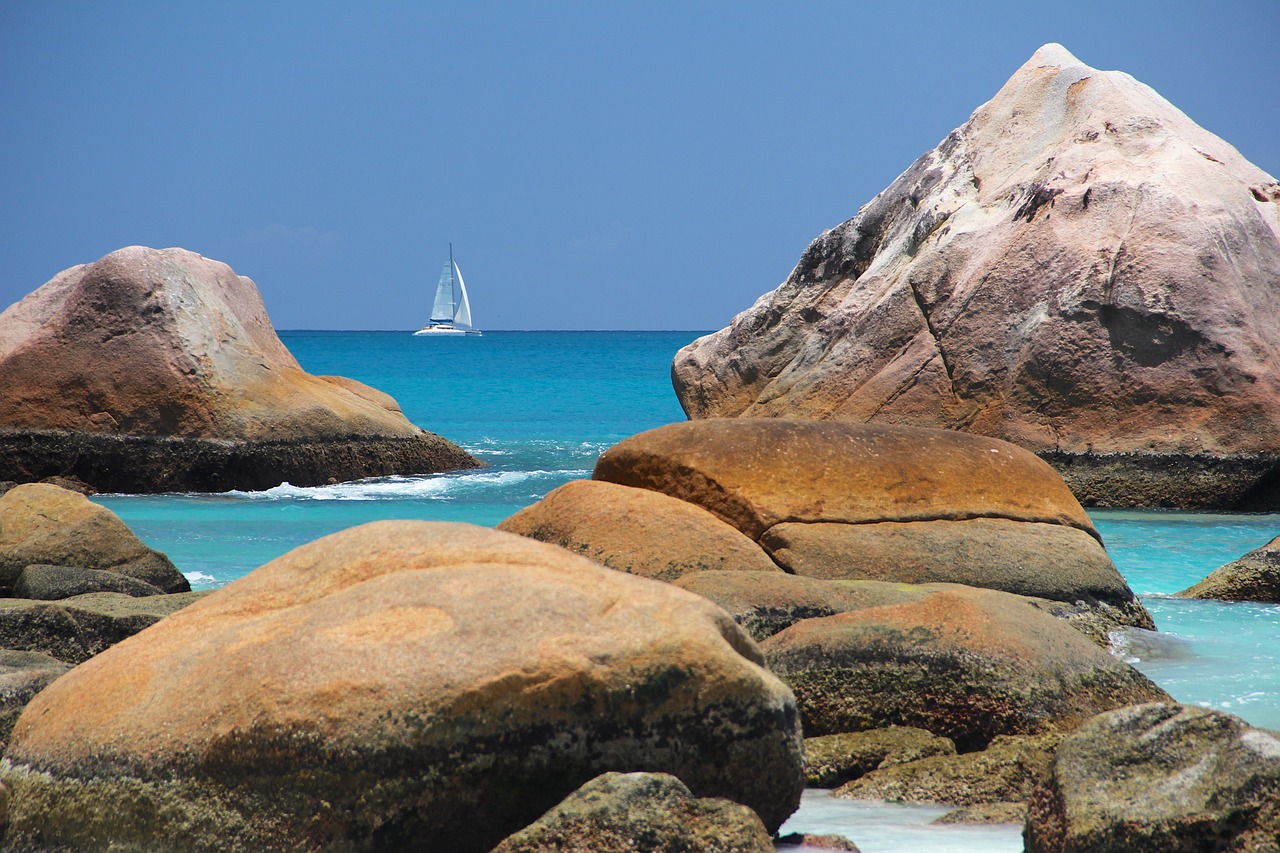Language and Communication: Overcoming Barriers in Maldives
Language and communication play an essential role in every society, enabling individuals to express themselves, share ideas, and connect with others. In the Maldives, a beautiful island nation located in the Indian Ocean, language diversity and communication barriers can pose challenges. This article explores how the Maldives overcomes these barriers and ensures effective communication among its residents and visitors.
Language Diversity in Maldives
The Maldives is a culturally rich nation with a diverse linguistic landscape. Dhivehi, the official language, is spoken by the majority of the population. However, due to the country’s booming tourism industry, English has become widely spoken, particularly in popular tourist areas. Additionally, various dialects and regional languages are spoken by different ethnic communities residing in the Maldives.
- Dhivehi: Dhivehi is the national language of the Maldives. It belongs to the Indo-Aryan language family and uses a modified version of the Arabic script for writing.
- English: English is taught in schools and is commonly used in business, tourism, and official communication. Many Maldivians working in the tourism sector are fluent in English.
- Regional Languages: Various regional languages, such as Maliku Bas and Mulaku Bas, are spoken by specific ethnic communities in the Maldives.
Language Challenges for Tourists
While English is widely spoken in tourist areas, visitors may still encounter language challenges during their stay in the Maldives. Some of these challenges include:
- Language Barrier: Communication can be difficult for tourists who do not speak Dhivehi or English fluently. This may lead to misunderstandings and difficulties in expressing their needs or concerns.
- Local Dialects: In more remote areas, locals may use regional dialects that differ from standard Dhivehi or English. Understanding these dialects can be challenging for non-native speakers.
- Cultural Nuances: Language is closely intertwined with culture, and understanding cultural nuances can be crucial for effective communication. Tourists may need to familiarize themselves with local customs and gestures to enhance their communication experience.
Language Services and Solutions
To overcome language barriers and ensure effective communication, the Maldives has implemented various language services and solutions:
- Language Training: The Maldivian government provides language training programs, focusing on English proficiency for locals working in the tourism industry. This helps enhance communication with international visitors.
- Translation Services: Translation services are available in popular tourist areas, allowing tourists to communicate their needs and concerns effectively. These services bridge the gap between different languages and facilitate smooth interactions.
- Multilingual Staff: Many resorts, hotels, and tourist establishments in the Maldives employ multilingual staff members who can communicate in multiple languages, including English, to cater to the diverse needs of tourists.
- Language Apps and Tools: With the advent of technology, language apps and tools have become increasingly popular. Tourists can utilize translation apps or devices to overcome language barriers and communicate with locals.
Maldives Image 1:

Cultural Exchange and Understanding
Language barriers can often hinder cultural exchange and understanding. However, the Maldives embraces cultural diversity and encourages intercultural dialogue. This promotes a deeper understanding of different cultures and fosters a welcoming environment for tourists.
- Cultural Events: The Maldives organizes cultural events and festivals where locals and tourists can come together to celebrate and learn about each other’s traditions. These events provide a platform for cultural exchange and bridge the gap between different languages.
- Language Exchange Programs: Language exchange programs are organized to facilitate interaction between locals and tourists. These programs allow both parties to learn from each other, improving language skills and promoting cultural understanding.
Maldives Image 2:

Accessible Information for Tourists
The Maldives recognizes the importance of providing accessible information to tourists in their preferred language. This ensures that visitors can navigate the country and access necessary services without facing language barriers.
- Multilingual Signage: Signage in popular tourist areas is often displayed in multiple languages, including English. This helps tourists find their way around and understand important information.
- Language Brochures and Guides: Tourist information centers and hotels provide brochures and guides in different languages, offering essential information about attractions, services, and safety guidelines.
- Online Resources: The Maldives’ tourism website and other online platforms provide information in multiple languages, allowing tourists to plan their trips and access relevant information easily.
Language Preservation Efforts
Preserving and promoting local languages is crucial for maintaining cultural heritage and identity. The Maldives recognizes this importance and undertakes efforts to preserve and celebrate its linguistic diversity.
- Language Documentation: Linguists and researchers work on documenting and preserving regional languages spoken in the Maldives to ensure their future existence.
- Cultural Institutions: Cultural institutions and organizations in the Maldives promote the use of regional languages through literature, art, and performances, preserving their richness and significance.
Maldives Image 3:

Conclusion
Language and communication barriers in the Maldives are being effectively addressed through various initiatives and services. The country’s commitment to language training, translation services, and cultural exchange programs ensures that both residents and visitors can communicate and connect across different languages and cultures. By embracing linguistic diversity, the Maldives creates an inclusive and enriching experience for all.
References
- maldives.com
- visitmaldives.com
- maldives.net.mv
- maldivianculture.com


